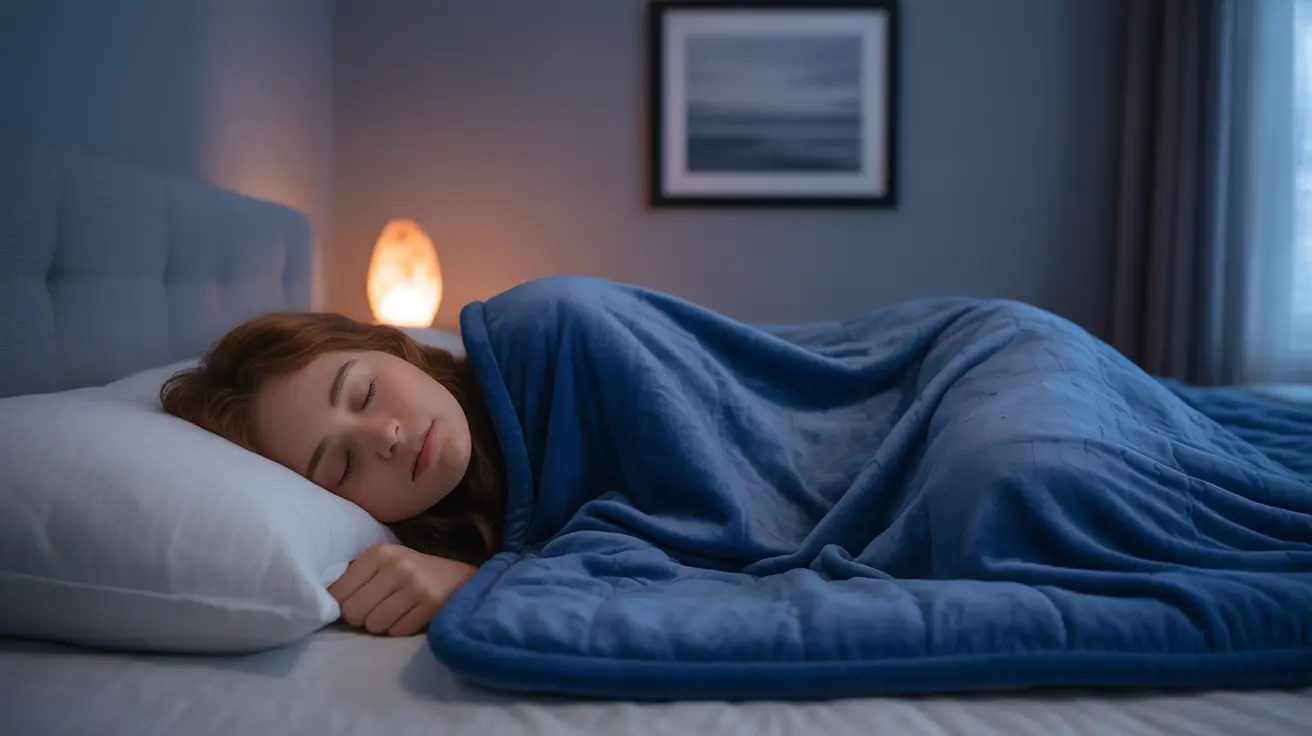Understanding sleep patterns and requirements in individuals with autism spectrum disorder (ASD) is crucial for their overall well-being and daily functioning. While sleep needs vary among all individuals, people with autism often face unique challenges when it comes to getting quality rest. This comprehensive guide explores the relationship between autism and sleep, addressing common concerns and providing evidence-based solutions.
Understanding Sleep Patterns in Autism
Research shows that approximately 80% of individuals with autism experience some form of sleep difficulties. These challenges can manifest differently from person to person, affecting both the quality and quantity of sleep they receive.
Common Sleep Patterns in Autism
- Difficulty falling asleep
- Frequent night wakings
- Shorter overall sleep duration
- Irregular sleep-wake cycles
- Early morning awakening
The Science Behind Autism and Sleep
Several biological factors contribute to sleep differences in individuals with autism. These include variations in melatonin production, differences in circadian rhythm regulation, and sensory sensitivities that can impact the ability to fall and stay asleep.
Neurological Differences
- Melatonin production and timing
- Circadian rhythm regulation
- Response to environmental sleep cues
- Processing of sensory information during bedtime
Managing Sleep in Autism
Creating effective sleep strategies for individuals with autism requires a comprehensive approach that addresses both environmental and biological factors. Establishing consistent routines and creating a sleep-friendly environment are essential first steps.
Environmental Modifications
- Maintaining a dark, quiet sleeping space
- Using weighted blankets when appropriate
- Minimizing sensory disruptions
- Creating a consistent bedtime routine
- Managing room temperature effectively
Behavioral Strategies
- Following a strict bedtime schedule
- Developing relaxing pre-sleep rituals
- Limiting screen time before bed
- Creating visual schedules for bedtime routines
- Incorporating calming activities before sleep
Medical Interventions and Support
When lifestyle modifications aren't sufficient, medical interventions may be considered under professional guidance. These can include sleep medication, melatonin supplements, or other therapeutic approaches recommended by healthcare providers.
Frequently Asked Questions
Do people with autism need more sleep than neurotypical individuals?
While autism doesn't necessarily mean requiring more sleep, many individuals with autism may need additional time to fall asleep and may benefit from longer sleep opportunities to achieve adequate rest.
What are the most common sleep problems experienced by people with autism?
The most frequent sleep issues include difficulty falling asleep, staying asleep, early morning awakening, and irregular sleep patterns. Many also experience poor sleep quality and resistance to bedtime routines.
How can parents and caregivers help improve sleep quality in children with autism?
Parents can establish consistent bedtime routines, create a comfortable sleep environment, manage sensory issues, and work with healthcare providers to develop appropriate sleep strategies. Regular exercise, proper nutrition, and limiting screen time can also help.
What causes sleep disturbances in individuals with autism?
Sleep disturbances in autism can be attributed to various factors, including differences in melatonin production, sensory sensitivities, anxiety, and difficulties with circadian rhythm regulation.
Are melatonin supplements effective and safe for managing sleep difficulties in autism?
Melatonin supplements have shown promise in helping many individuals with autism achieve better sleep. However, their use should always be discussed with and monitored by a healthcare provider to ensure safety and appropriate dosing.
Remember, while sleep challenges are common in autism, each person's needs and responses to interventions are unique. Working with healthcare providers to develop individualized sleep strategies is essential for optimal results.




